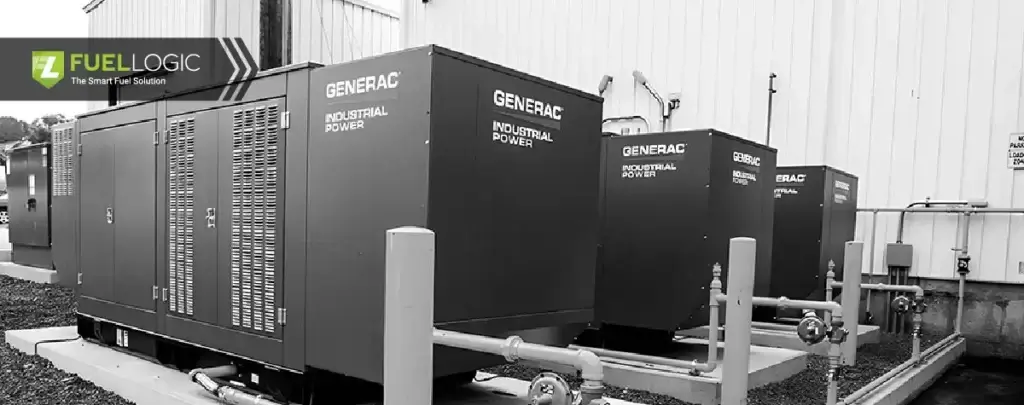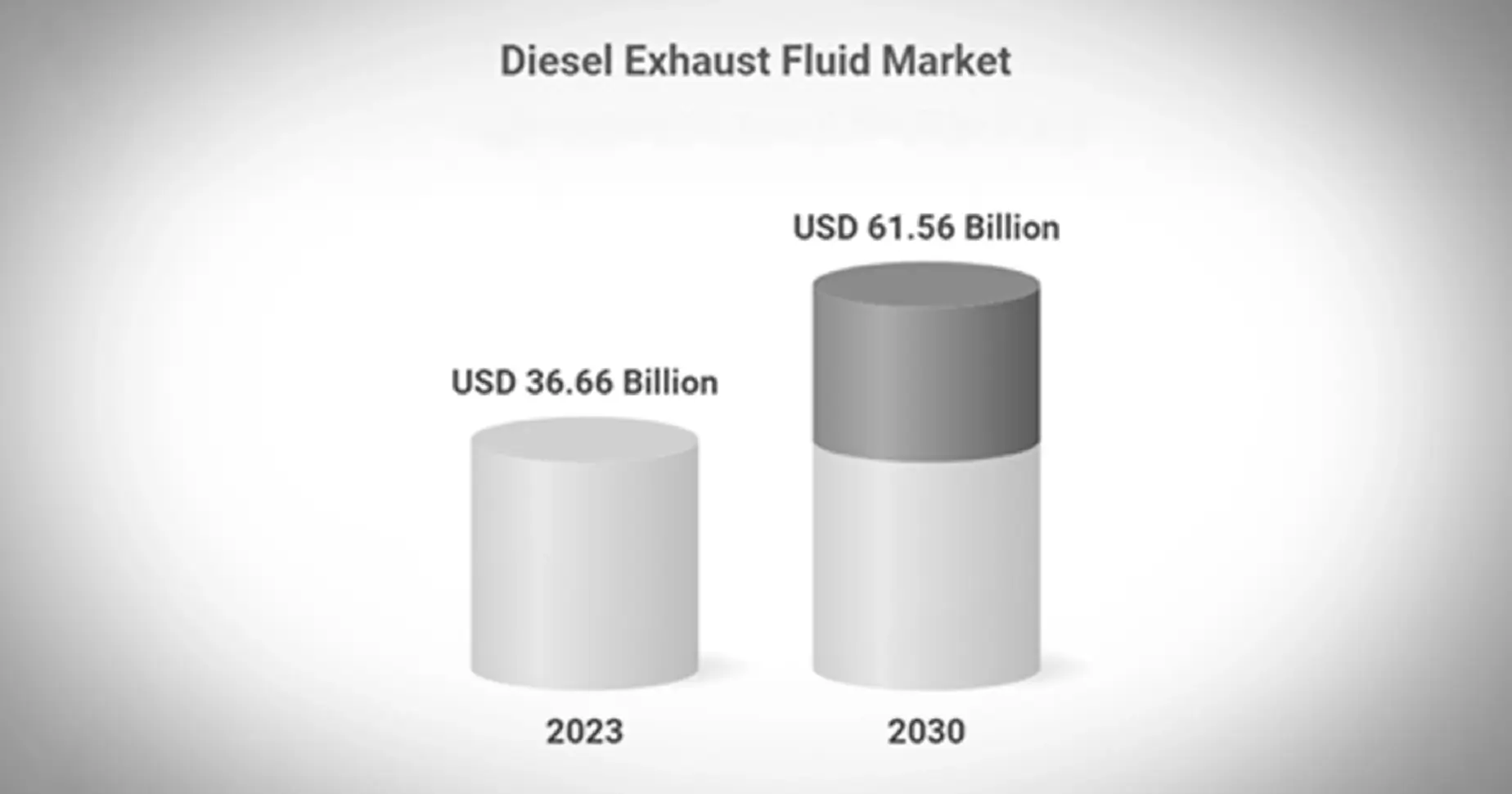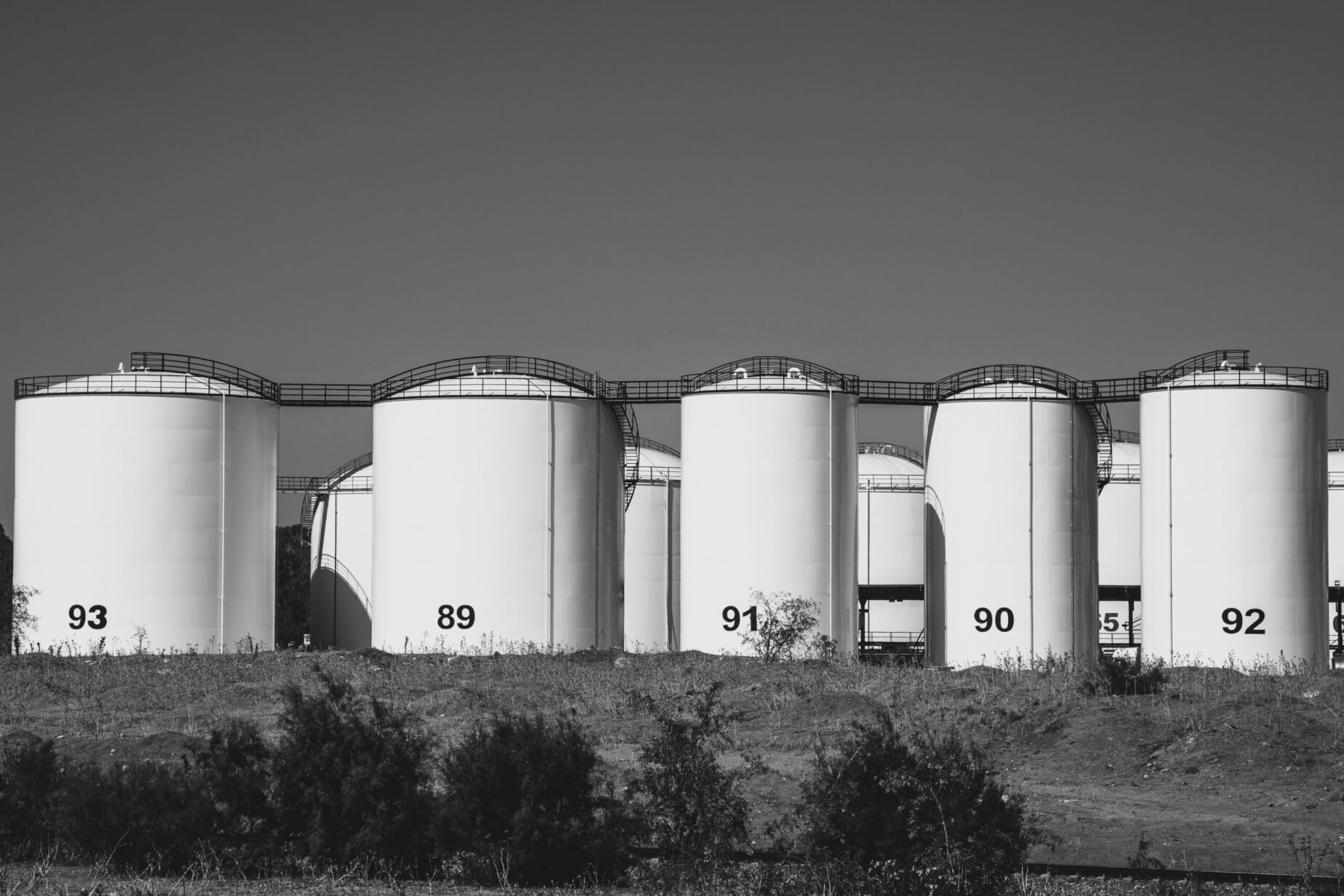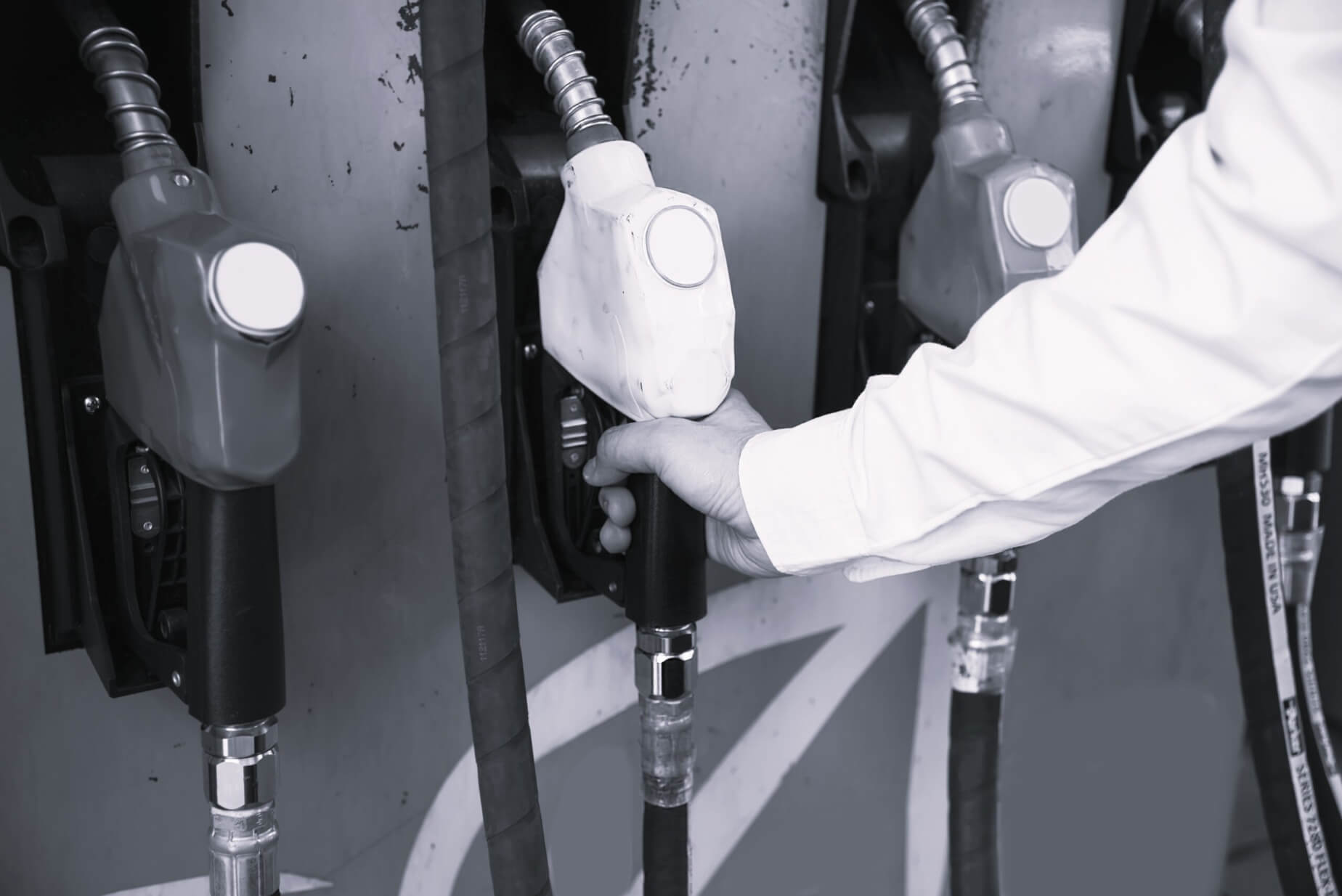Suppose a natural disaster or a calamity hits, cutting off power to your business premises. Your diesel generator fuel becomes your only support, keeping the lights on, the machines running, and your revenue flowing. But without proper fuel handling, that generator could also fail at a critical moment.
So, how can you prevent a manageable outage from becoming a costly disaster? It’s all about proper fuel management. The fuel you use for your generator plays a key role in its lifespan. Poor-quality generator fuel can damage the unit and cause breakdowns. On the other hand, using high-quality generator fuel keeps it running well and extends its life, ensuring you have sufficient backup power.
Different types of generators use different fuels. Gasoline is used in portable residential generators because it ignites easily and is widely available. Its shorter shelf life and lower flash point make it suitable for temporary or occasional use. Propane is clean-burning and great for standby generators with long-term storage needs. On the other side, the efficiency and power of diesel make it well-suited for large industrial generators that operate continuously for longer.
However, choosing the right generator fuel type is important. There are some blunders and mistakes related to generator fueling that you must know to maintain its efficiency and longevity. Let’s understand the common generator fuel mistakes you must avoid to ensure your generator’s health in the long run. We’ll also discuss the best strategies for optimal generator fuel management. So keep reading.
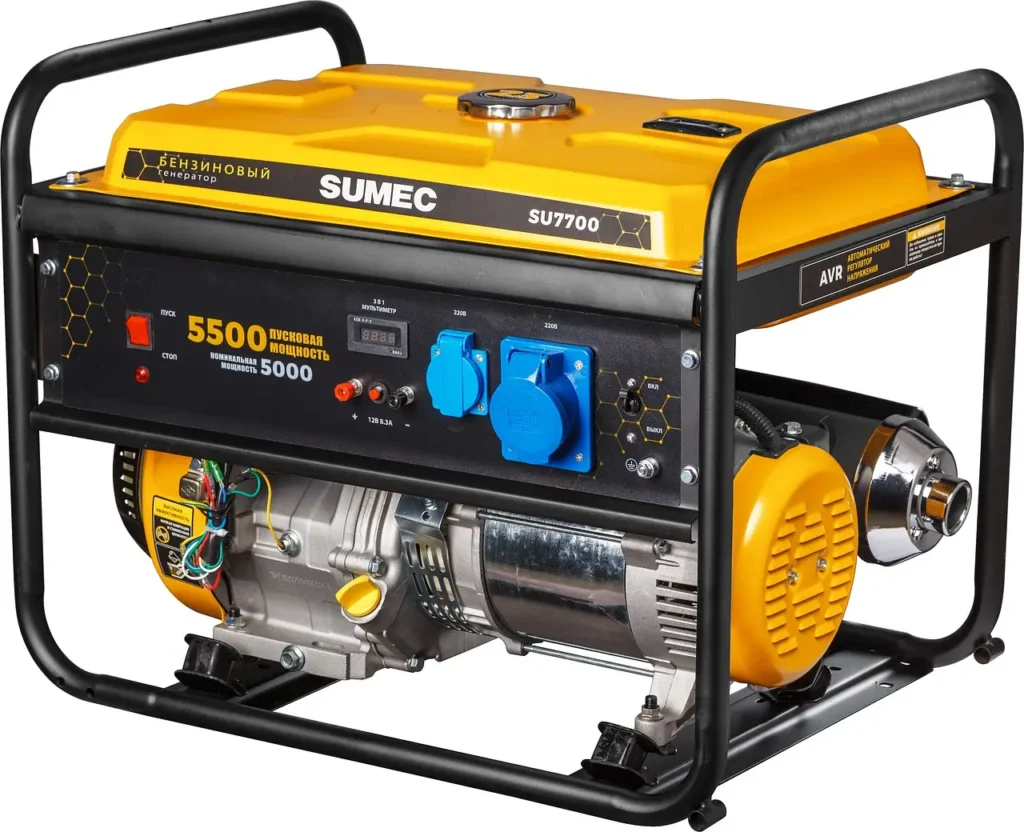
Top 5 Generator Fuel Mistakes
Many users don’t follow proper procedures for generator fueling which ultimately impacts the performance and durability of their generators. You must avoid these five common fuel mistakes to ensure your generator works well in emergencies.
1) Using the Wrong Generator Fuel Type Used
Using the wrong fuel in your generator can cause engine damage, lower performance, and safety issues. You must use the best quality fuel suitable for your generator to avoid these problems. High-quality fuel prevents build-up and condensation and makes sure your generator ignites properly when you switch it on.
For gasoline generators, always use fuel with the manufacturer-recommended octane rating. A lower rating can damage the engine over time. If you have a propane generator, store the tanks in a safe, well-ventilated area to prevent leaks or other hazards. For diesel generators, choose good-quality diesel fuel to improve efficiency. Remember that diesel fuel can go bad over time, which might cause problems.
Here are some recommended tips to help ensure the right fuel you’re using in your generators is suitable for them:
- Label generator fuel containers clearly to avoid confusion, especially if you’re storing different types of fuel.
- Stick to the manufacturer’s recommendations for fuel types and quality to ensure the best performance.
- Regularly check fuel quality and avoid using fuel that has been stored for long periods without treatment.
2) Ignoring Fuel Storage Guidelines
Ignoring fuel storage guidelines can be disastrous. It not only risks hefty penalties but also endangers your workplace and employees. You must store fuel in a cool, dry, and dark place using approved containers. Keep storage areas separate from other locations and ensure they have fire extinguishers, as fuels are combustible.
Above all, you must always use fresh fuel because old fuel can degrade over time, causing varnishing and clogging engine components. Follow these best practices for fuel storage to maintain quality and safety.
- You should avoid using drums for generator fuel delivery and storage because they can be less efficient. Instead, use tanks or bladders.
- Store gasoline/petrol in small quantities in above-ground areas with proper airflow. Order petrol in low volumes and frequently to maintain freshness.
- Diesel fuel can last up to six months, so store bulk fuel only needed for that period.
- Diesel can be stored above or below ground, but make sure storage areas have good ventilation.
3) Underestimating Generator Fuel Consumption

Just as fuel quality is important, so is having enough fuel in the tank. If there isn’t adequate fuel, the generator could shut down. Therefore, estimate your fueling needs and ensure you have sufficient fuel on hand to keep your generator operational during a power outage.
Following are some proven tips that can help you evaluate your fueling needs:
- Check the wattage rating to understand how much power the generator can provide and estimate how much fuel you’ll need based on your planned load.
- Estimate the runtime of your generator to determine how long it will run and make sure you have enough fuel for the entire period.
- Add up the wattage of all the appliances you want to power. Higher loads mean more fuel consumption.
- Check the generator’s efficiency rating to see how much fuel it uses for the power it provides.
- Consider the weather conditions because extreme temperatures can increase fuel consumption. Prepare for this by adjusting your fuel supply accordingly.
4) Refueling a Hot Generator
Refueling a hot generator can be dangerous due to the risk of fire or explosion. Safety should always come first. So, never refuel a running generator, as this can lead to severe burns, injuries, or even fatalities. Before refueling your generator, always turn it off and let it cool down for about 20 minutes.
On top of anything, use a funnel to pour the fuel into the tank. Using a funnel while refueling your generator will help you avoid spills. Spilled fuel can catch fire if it touches hot parts of the engine. Above all, you must also avoid overfilling the tank and clean up any spills right away.
5) Failing to Maintain the Generator’s Fuel System
Failing to maintain your generator’s fuel system is one of the major generator fuel mistakes that can lead to generator failure. Regular maintenance is important for efficiency and longevity. You must clean the fuel filters to prevent clogs and ensure proper fuel flow. You must also inspect and replace filters and spark plugs when required. On top of that, you can also choose to clean the whole fuel tank.
But, how to clean a generator fuel tank?
Cleaning a generator’s fuel tank is not a tiring job. Just follow these simple steps to wipe off all the contaminants and buildups from the fuel tank.
- First of all, turn off the generator and let it cool down.
- Disconnect the fuel lines and wipe off any spilled fuel. Empty the tank into a container.
- Wash the inside of the tank with a brush or cloth and rinse it with water.
- Examine and fix any damage or leaks, then reconnect the fuel lines firmly.
- In the end, refill the tank with fresh fuel and run the generator for a short time to check it operates correctly.
Additional Tips for Optimal Generator Fuel Management
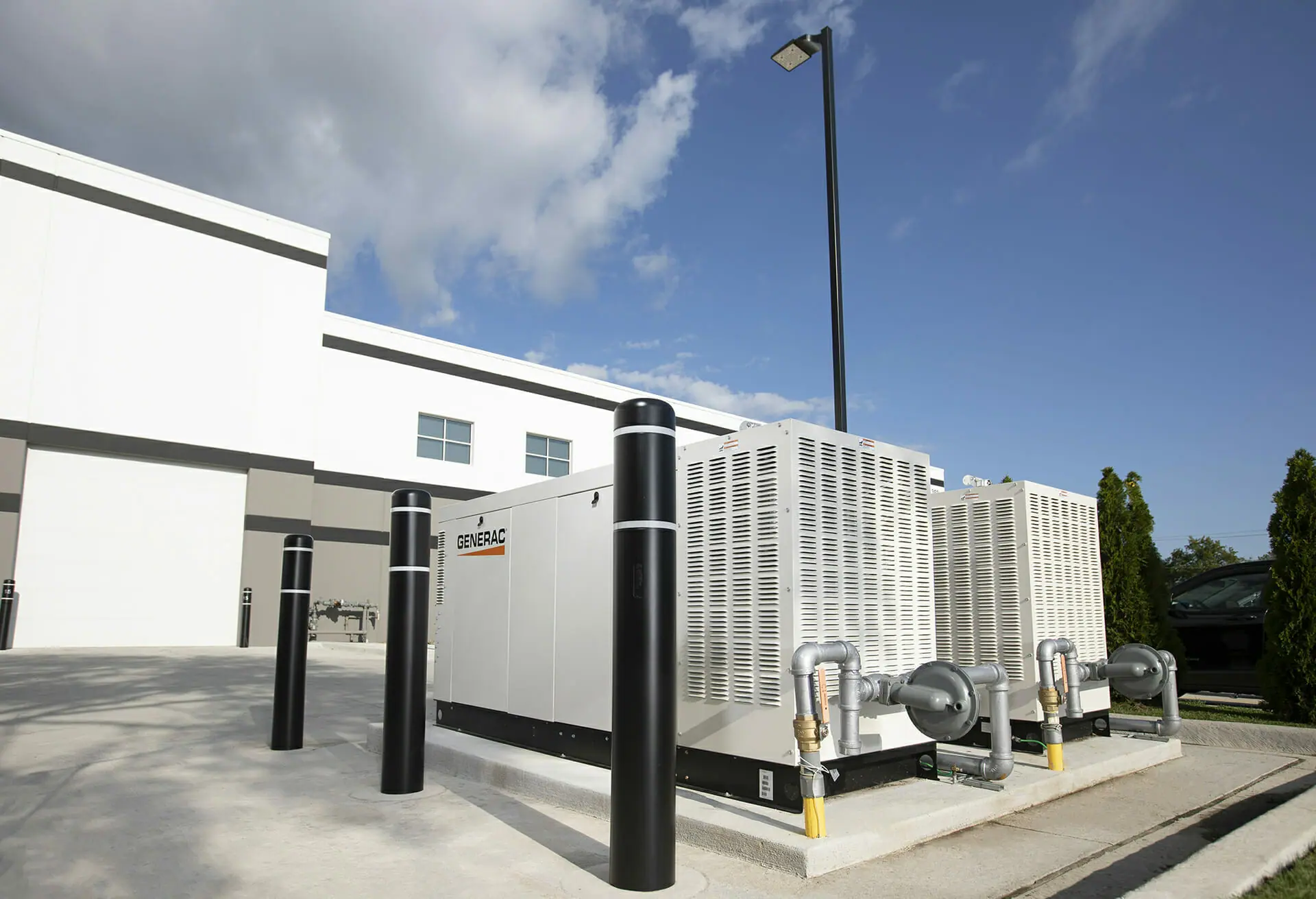
Now you know what are the common fuel mistakes that you must avoid and how preventing them can benefit your business. By using the right fuel and storing it properly, you’ll keep your generator operating well, save on repair costs, and extend the life of your equipment. It also helps you avoid performance problems, improves efficiency, and minimizes unexpected downtime.
Apart from avoiding the above fuel-related mistakes for generators, you must be aware of other tips and strategies that can help with better fuel management.
- Always choose high-quality fuel to protect your generator from contaminants that can cause damage.
- Store fuel in clean, sealed containers, away from heat and sunlight, to keep it fresh.
- Use extension cords that match the generator’s outlet. For example, if your generator has a 70-amp outlet, use a 70-amp cord. If it has a 30-amp outlet, use a 30-amp cord.
- Avoid using cords with lower amp ratings to prevent power waste and equipment damage.
- Never exceed the generator’s recommended load limits to avoid overheating and damage.
- Keep an eye on generator fuel consumption at no load to ensure your generator runs efficiently and avoids unnecessary fuel use.
- Regularly check your fuel for water or debris to maintain reliable generator performance.
- Train your staff on proper fuel management and generator maintenance. Certification courses from organizations like NAPE or AEE can provide in-depth knowledge.
- Utilize tools like digital fuel monitoring systems to manage fuel consumption more effectively. Apart from that, you can use automated fuel management solutions and generator monitoring tools like Technoton for optimal generator fuel management.
Key Takeaways
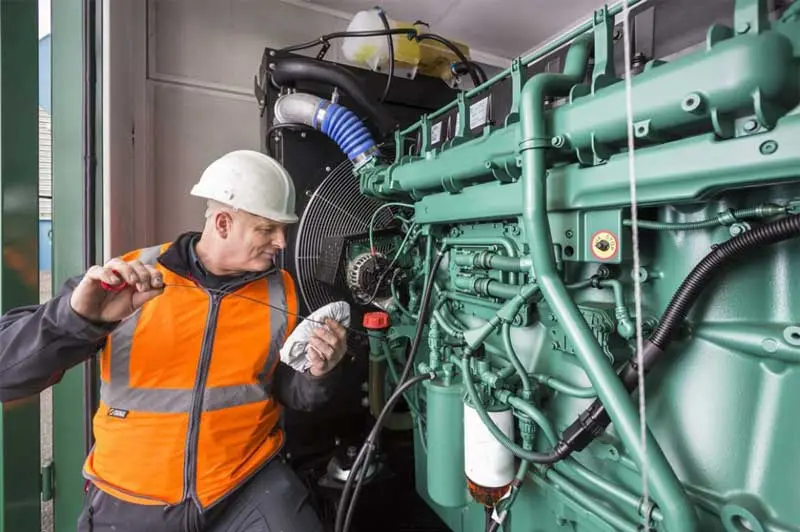
Generator maintenance mistakes can be costly and risky. Therefore, you must avoid the above-mentioned mistakes to keep your power supply reliable. Always remember that a well-maintained generator is your backup plan for power disruptions. Handle your generators with proper care and attention so they don’t fail during a power outage.
FAQs
How to reduce the fuel consumption of a generator?
You can reduce your generator’s fuel consumption by keeping it well-maintained with regular oil changes and clean filters. You should make sure that your generator is operating at its optimal load capacity, as running it at levels too high or too low can waste fuel. Other than that, place it in a well-ventilated area to prevent overheating and use only the necessary equipment to avoid extra fuel consumption.
How to make a generator fuel efficient?
You can increase the fuel efficiency of your generator by maintaining it regularly, such as changing the oil and cleaning filters. Remove carbon deposits to keep the engine in good condition. Use the generator only when necessary and avoid overloading or underloading it. Above all, make sure the coolant temperature is correct to prevent overheating.
What determines the fuel consumption of a generator?
A generator’s fuel consumption depends on its size in kilowatts, the type of fuel used, the load or power being drawn, and the engine’s efficiency. Larger generators, higher load outputs, and less efficient engines will use more fuel.
What is the best fuel treatment for a generator?
The best fuel treatment for a generator is a stabilizer that keeps fuel fresh, prevents microbial growth, and reduces friction and wear. Fuel stabilizer provides maximum protection and reliability, especially for emergency equipment. However, you must choose a treatment recommended by the manufacturer for better performance.
Which generator is more fuel-efficient?
Diesel generators are typically more fuel-efficient than gasoline or propane generators. They use compression to ignite fuel, which means they require less fuel to operate compared to natural gas and petrol generators.
What is the longest-lasting fuel for a generator?
The longest-lasting fuel for a generator is diesel. It has a higher energy density that allows it to operate for an extended time. Diesel has a longer shelf life than gasoline and propane, so it lasts longer even when stored.
Avoid Fueling Mistakes—Trust Fuel Logic for Reliable Generator Fuel Delivery!

Are you wondering, “How can I get generator fuel delivery near me?” and struggling to find a solution?
We’ve got you covered. Fuel Logic is a trusted fuel delivery agency offering fuel delivery services throughout the USA. Once you place your order, our delivery agent will bring the required quantity of fuel to wherever you need it, all at the most reasonable price within the US.
Contact Fuel Logic for 24/7 fuel delivery services. We’ll refuel your generator at your site, so you never run out of power. Get in touch today for any emergency fuel delivery or generator refueling services. We also deliver off-road diesel at an economical price.
If you use diesel exhaust fuel to reduce emissions and support environmental goals, Fuel Logic can help with that as well. Even though DEF can be costly and sometimes less available, we ensure you get it where and when you need it. If you have any queries related to fuel delivery or storage, feel free to ask. We’ll provide the best solutions to your problems and ensure you get the support you need.

